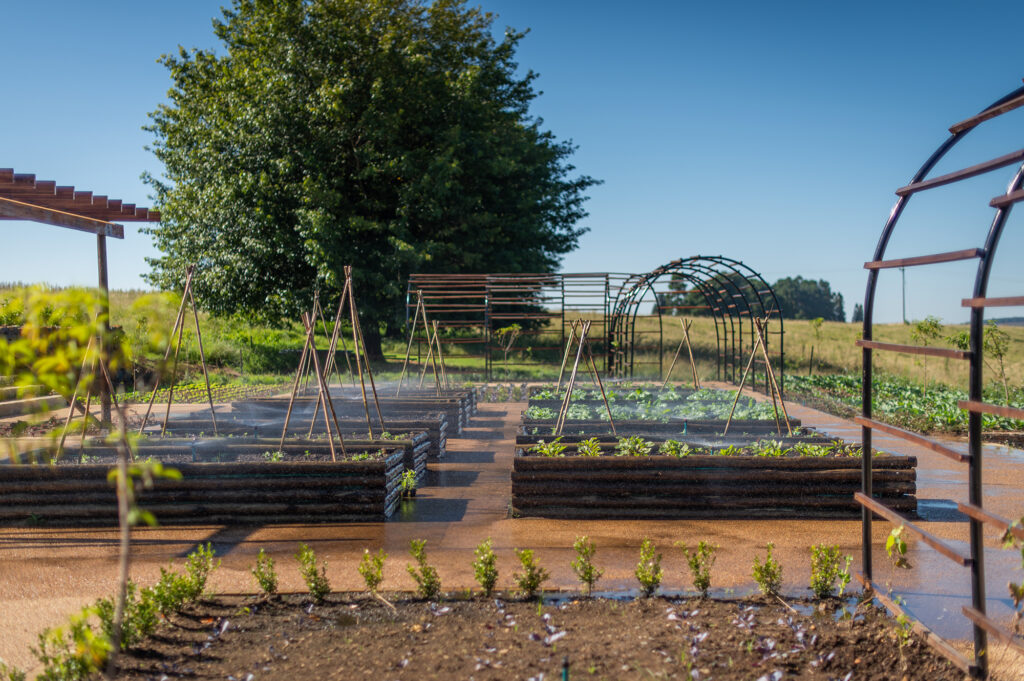Read in
In a bid to revolutionise Nigeria’s agricultural sector and enhance food security, the Chief Executive Officer, SMEFUNDS, a leading social enterprise focused on empowering small and medium-sized enterprises, Femi Oye, has advocated for a significant increase in government support for decentralised renewable energy (DRE) solutions tailored for the agri-food value chain. Oye emphasised the transformative potential of solar power and other off-grid renewable energy sources in boosting productivity, reducing post-harvest losses, and fostering economic growth in rural communities .
Oye highlighted the persistent challenges faced by Nigerian farmers, particularly those in remote and off-grid areas, who struggle with unreliable or non-existent access to electricity.
“This lack of power severely limits their ability to adopt modern farming techniques, mechanise operations, process their produce efficiently, and preserve it adequately, leading to substantial losses and hindering overall agricultural output.”
The widespread adoption of decentralized renewable energy is not just an environmentally sound choice; it is an economic imperative for Nigeria’s agricultural future,” Oye asserted. “Imagine a scenario where smallholder farmers can power irrigation systems with solar pumps, mill their grains with clean energy, and store their harvests in solar-powered cold storage facilities. This would not only increase yields and reduce waste but also create new opportunities for value addition and entrepreneurship within the agri-food sector.”
He pointed to the successful deployment of DRE solutions in other African countries and the proven benefits of technologies like solar photovoltaic (PV) systems for water pumping, milling, and cold storage. These technologies, he explained, offer a cost-effective and sustainable alternative to traditional diesel generators, which are often expensive to run and maintain, and contribute to environmental pollution.
Oye specifically emphasised the suitability of solar PV technology for Nigeria’s context, given its abundant sunshine and the decreasing costs of solar installations. He cited a recent report that identified solar PV as the most viable DRE solution for key agricultural value chains in other African nations, with the potential to significantly bolster food security.
However, Oye acknowledged that the widespread adoption of DRE in Nigeria’s agri-food sector faces several hurdles. These include limited access to commercial credit for farmers and agri-businesses, a relatively nascent DRE supply chain, low awareness and technical expertise regarding DRE solutions among end-users, and concerns about the quality and reliability of some available technologies.
To overcome these challenges and unlock the immense potential of DRE in agriculture, Oye called for a concerted effort from the Nigerian government. He proposed several key policy and financial interventions including the establishment of specific grant schemes and low-interest loan facilities to enable farmers and agri-food processors to invest in DRE systems. He urged the government to invest in training programmes for farmers, technicians, and local entrepreneurs to enhance their understanding of DRE technologies, installation, maintenance, and business models. Oye believes that with the right policy support and investment, Nigeria can replicate successful models seen elsewhere and transform its agricultural landscape. He envisions a future where DRE empowers farmers to increase their productivity, improve their livelihoods, and contribute significantly to national food security and economic diversification.
“The time for decisive action is now,” Oye concluded. “By prioritising decentralized renewable energy for our agri-food value chains, the Nigerian government can empower our farmers, strengthen our economy, and build a more sustainable and food-secure future for all Nigerians.” His passionate call resonated with many attendees at the forum, signalling a growing consensus on the crucial role of clean energy in revitalizing Nigeria’s agricultural sector.



